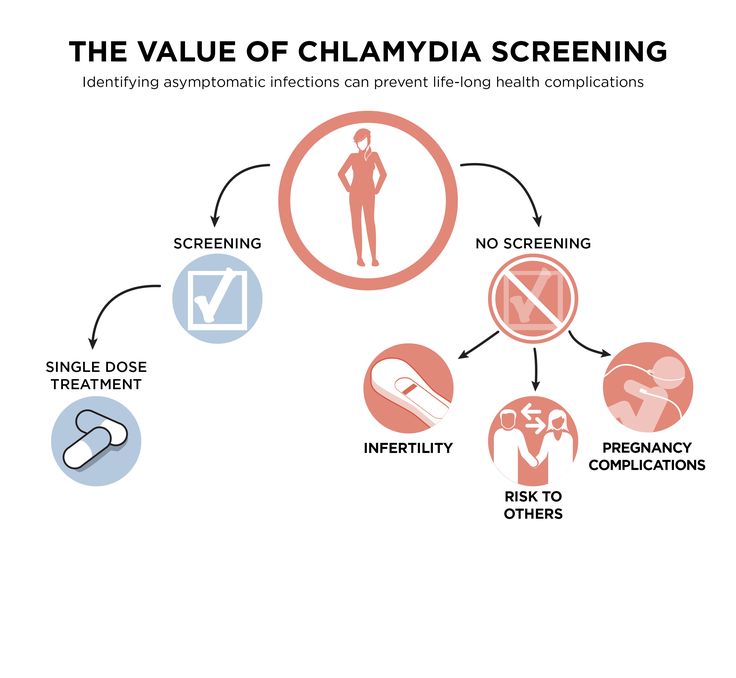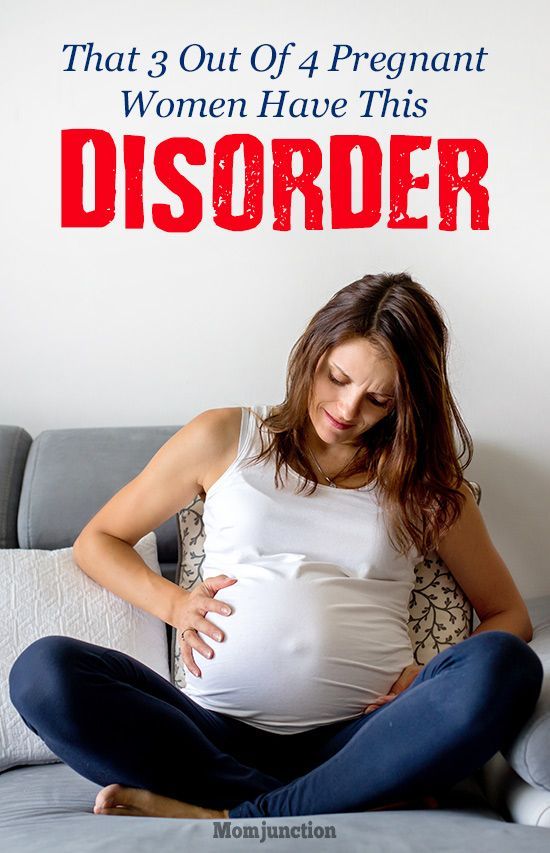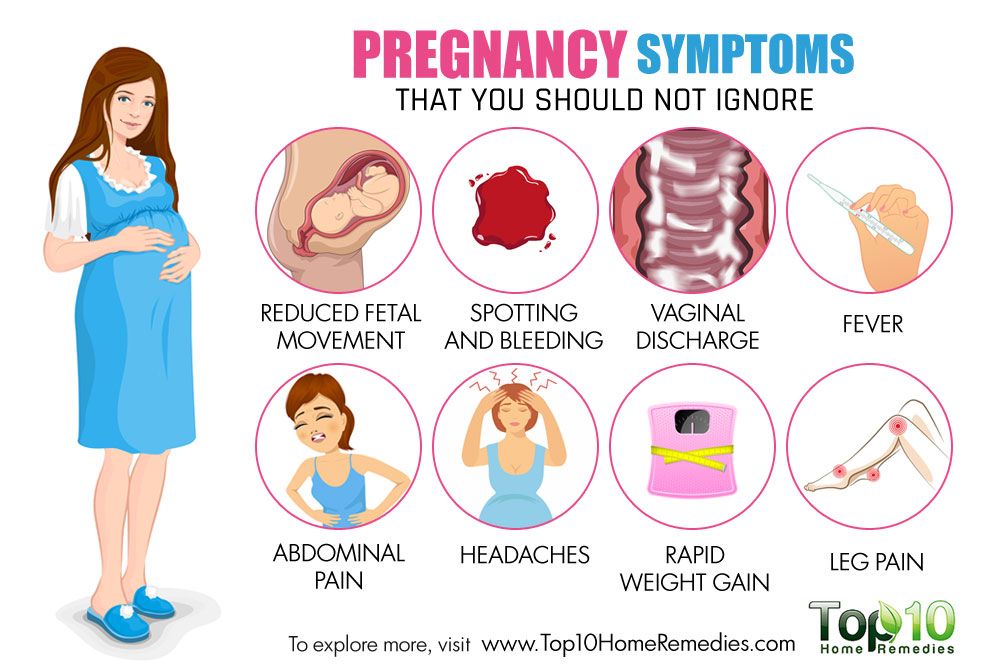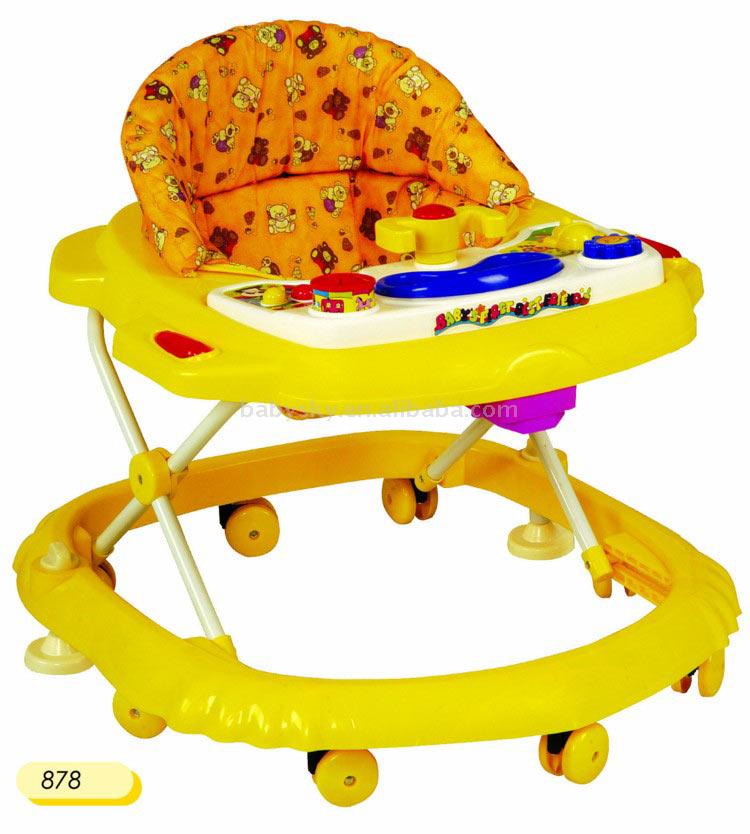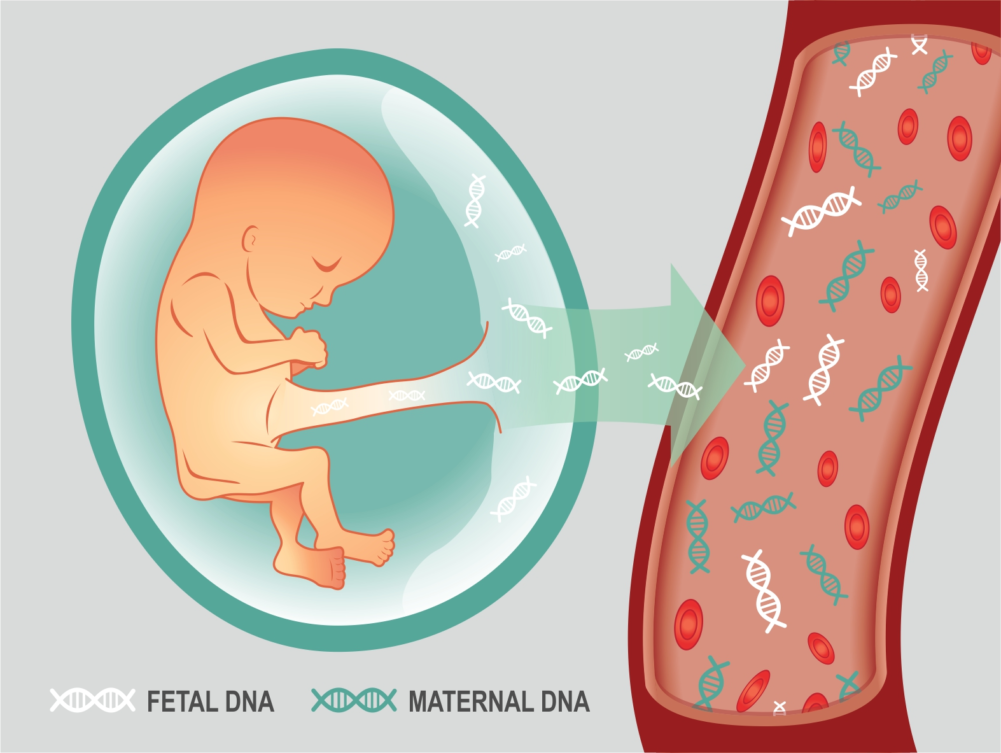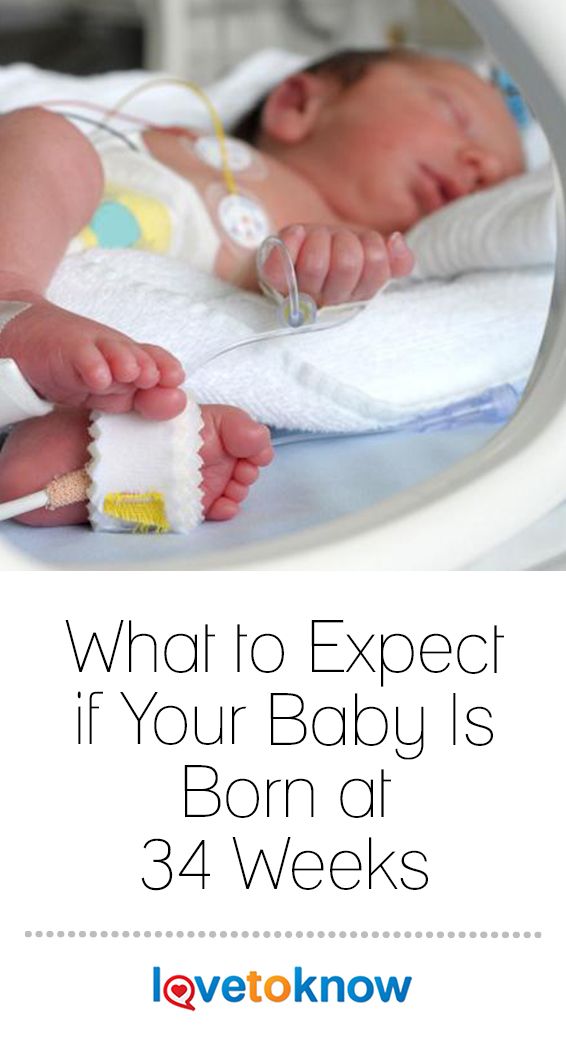In the first couple weeks of pregnancy
1, 2, or 3 Weeks Pregnant—Early Signs & Symptoms
Pregnancy is a much anticipated time in your life, and you may be eagerly watching for those very early signs in weeks 1, 2, or 3. But, did you know that you’re not actually pregnant during these first couple of weeks? We know it’s a little confusing, and it’s also why you might not notice any pregnancy symptoms early on! Keep reading to better understand what’s going on in that body of yours during the first three weeks of pregnancy.
Highlights at 1, 2, and 3 Weeks PregnantBefore we get into all the details, here are a few highlights to look forward to during these early weeks of your pregnancy:
Watching for symptoms in weeks 1, 2, and 3 of pregnancy. Are you wondering if it's possible to feel pregnant after two days, or during weeks 1 and 2 of pregnancy? You might notice symptoms like light bleeding, spotting, cramps, or bloating around week 3 when the egg implants into your uterus.
Calculating your due date. Most healthcare providers track pregnancy along 40 weeks, starting with the last day of your previous period. That means you aren’t actually pregnant until fertilization occurs and your baby is conceived, between week 2 and 3 of your pregnancy.
Making healthy choices early on. As early as possible in your pregnancy, you’ll want to adopt a healthy lifestyle that supports the development of your baby. Though your healthcare provider may offer specific advice, you'll likely want to incorporate certain vitamins, foods, and exercise into your daily life.
Here’s the thing: Because of the way pregnancy is usually measured, you’re not actually pregnant during the first two weeks or so of your pregnancy. Healthcare providers calculate the length of an average pregnancy as 280 days, which is 40 weeks, starting from the first day of your last menstrual period—this is known as the LMP dating method.
So, when you’re 1 week pregnant, you’re having your period. At 2 weeks pregnant, you’re probably ovulating. And since ovulation happens about 14 days after the start of your period (assuming you have a 28-day cycle), with fertilization and conception following, you can’t really become pregnant until around week 3 at the earliest.
It can be mind-boggling—we get it. But, for the sake of calculation, and what you and your healthcare provider will consider as 1 and 2 weeks pregnant, you’re not actually pregnant until week 3. But although at 1, 2, or 3 weeks pregnant you may not notice any of those very early signs of pregnancy, there’s still a lot happening on the inside.
How to Determine Your Due Date“If I'm 3 weeks pregnant when is my due date?” It's natural to wonder about your due date right away when you find out you’re pregnant, as you’re already looking forward to meeting your new baby!
For an estimate, try our Due Date Calculator, where you can simply enter the first day of your last menstrual period (LMP) or the date of conception.
Again, healthcare providers use the LMP method to determine your estimated due date. So once you start to notice those early pregnancy signs or have the feeling that you might be pregnant, take a pregnancy test at home or confirm your pregnancy with your healthcare provider so you can calculate your due date!
How Many Months Is 1 to 3 Weeks Pregnant?Your healthcare provider will refer to your pregnancy in weeks, but you also might hear a reference to months. It gets a little tricky, given that nine months doesn't divide evenly into weeks, but the first month of pregnancy typically includes the first four weeks. So, at 1, 2, or 3 weeks pregnant, you’re in your first month of pregnancy, even if you haven’t noticed any belly bump or symptoms!
Are There Pregnancy Symptoms at 1, 2, or 3 Weeks Pregnant?Your journey through pregnancy has officially begun, but as mentioned above, you’re not actually pregnant yet.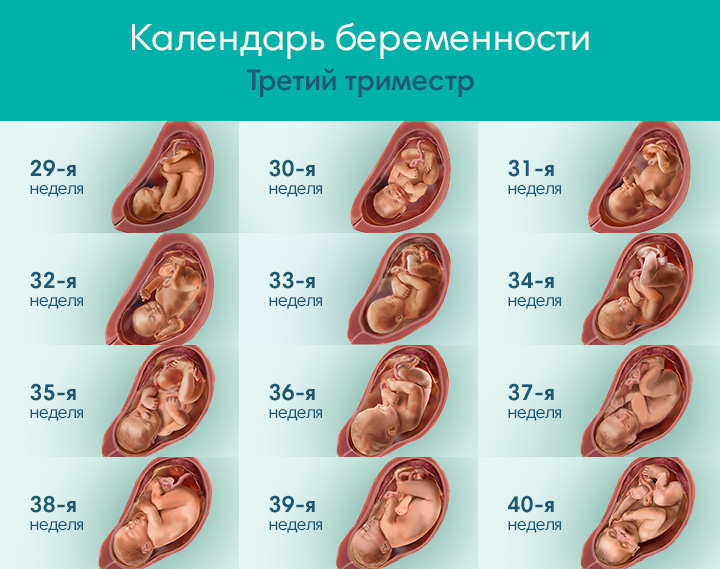 This is a difficult concept to grasp at first, and many people wonder if there are any symptoms during the first 72 hours of pregnancy. Again, because of the way pregnancy is calculated, you won’t feel any symptoms of being pregnant during those first three days—or possibly three weeks. But after two weeks, an exciting series of events starts to take place inside your body:
This is a difficult concept to grasp at first, and many people wonder if there are any symptoms during the first 72 hours of pregnancy. Again, because of the way pregnancy is calculated, you won’t feel any symptoms of being pregnant during those first three days—or possibly three weeks. But after two weeks, an exciting series of events starts to take place inside your body:
Egg release. One of your ovaries will release an egg around 14 days after the first day of your last period (assuming you have a typical 28-day cycle).
Fertilization. The egg will travel down one of the fallopian tubes, where it may unite with sperm. If they find each other, they’ll join up in a fallopian tube to create a single cell called a zygote in a process called fertilization. This process determines the sex of a baby.
First DNA. The zygote carries chromosomes from the egg and sperm and sets the first building blocks of your future baby’s genetic makeup.
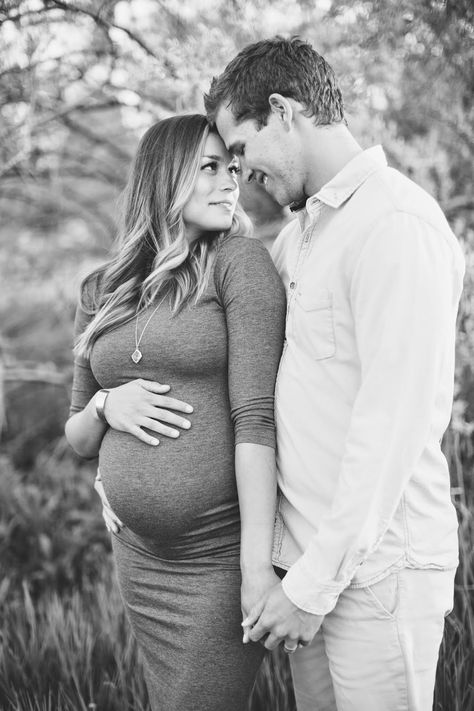
Development. The zygote then moves down the fallopian tube and toward the uterus as it starts dividing into a larger group of cells. Cells will continue to divide as your baby develops over the course of your pregnancy.
What this all boils down to is that you won’t feel any of those very early signs of pregnancy in weeks 1, 2, or possibly even 3. If you have yet to conceive, then it makes sense that you wouldn’t notice anything! Therefore, things like morning sickness can’t start at 1 week pregnant and you won’t feel symptoms like pregnancy-related belly pain or discharge at 1 or 2 weeks pregnant.
Typical Early Signs of PregnancyOK, so now you know that during weeks one, two, or three, you may not even suspect you’re pregnant and you likely won't notice any pregnancy symptoms at all, as it’s still very early (and you might not have even conceived until 3 weeks pregnant). However, there are several signs of pregnancy that you could experience in the following weeks:
A missed period is often the first clue (among other signs and symptoms) that you may be pregnant, but it won’t happen until you’re 4 weeks pregnant, not before.
 At around the time you miss a period, you may start noticing more early pregnancy symptoms.
At around the time you miss a period, you may start noticing more early pregnancy symptoms. Implantation bleeding is another early sign of pregnancy, as it occurs when the tiny ball of cells attaches to the uterine lining. Not everyone experiences it, but this light spotting is normal and can sometimes be mistaken for menstrual blood. Spotting, cramps, or light bleeding usually happens 10 to 14 days after conception, so around when you’re 3 to 4 weeks pregnant.
Morning sickness is another common symptom of early pregnancy, but it usually crops up between weeks 4 and 9.
Other symptoms like gas, fatigue, breast tenderness, moodiness, and frequent urination can also occur during these early weeks.
Now that you know these early signs of pregnancy, take our quiz to test your knowledge!
How Big Is a Pregnant Belly at 1, 2, and 3 Weeks?Every person and every pregnancy is different, so you could start to show earlier or later than others.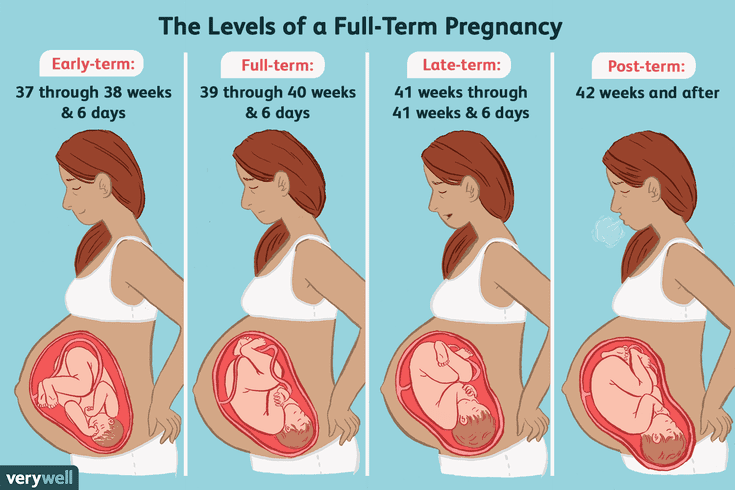 It’s safe to say that you won’t see any difference in your pregnant belly’s size at 1, 2, or 3 weeks. Remember that you’re not actually pregnant during those first two weeks and it’s still early during the third week.
It’s safe to say that you won’t see any difference in your pregnant belly’s size at 1, 2, or 3 weeks. Remember that you’re not actually pregnant during those first two weeks and it’s still early during the third week.
Even though your belly bump won’t be noticeable at 3 weeks pregnant, your baby's development is under way with cells dividing and multiplying. Still, by around 3 weeks in your pregnancy, your little one is just 1/25 of an inch long—too small for a bump just yet.
When Can You Confirm Your Pregnancy?Can you get a positive pregnancy test at 3 weeks, you may wonder? It’s possible, but it’s always best to wait until after your missed period to take a pregnancy test, as you’ll receive more credible results. That’s because a home pregnancy test responds to the levels of a hormone called human chorionic gonadotropin, or hCG, in your urine, which begin to increase shortly after conception.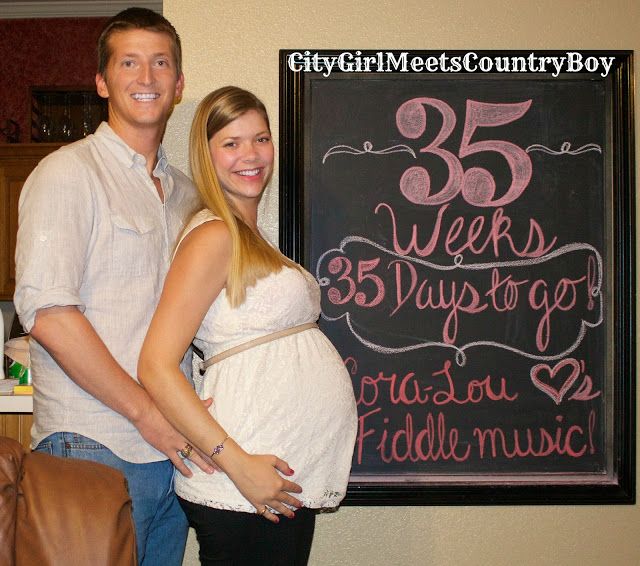 So, although your hCG levels may be high enough in week 3 to result in a positive test, you’ll want to confirm with your healthcare provider that you’re pregnant.
So, although your hCG levels may be high enough in week 3 to result in a positive test, you’ll want to confirm with your healthcare provider that you’re pregnant.
Think you might be pregnant? Take our Am I Pregnant quiz. It won’t tell you for sure, but it’s all good fun!
How Far Along Are You?Knowing how far along you are in pregnancy is helpful for both you and your healthcare provider. Your provider will use this information to check on your baby’s growth and development, keep an eye on your health, and schedule tests and exams.
The weeks of pregnancy can be grouped into three trimesters:
First trimester: 1 to 13 weeks (roughly months one to three)
Second trimester: 14 to 27 weeks (months four to seven)
Third trimester: 28 to 40-42 weeks (months seven to nine).
Check out the illustration below to see how far along you are in your pregnancy:
What Precautions Should You Take During Early Pregnancy?Even though you probably haven’t experienced any signs of pregnancy very early on in weeks 1, 2, or 3, you’ll want to do everything you can to stay healthy and safe.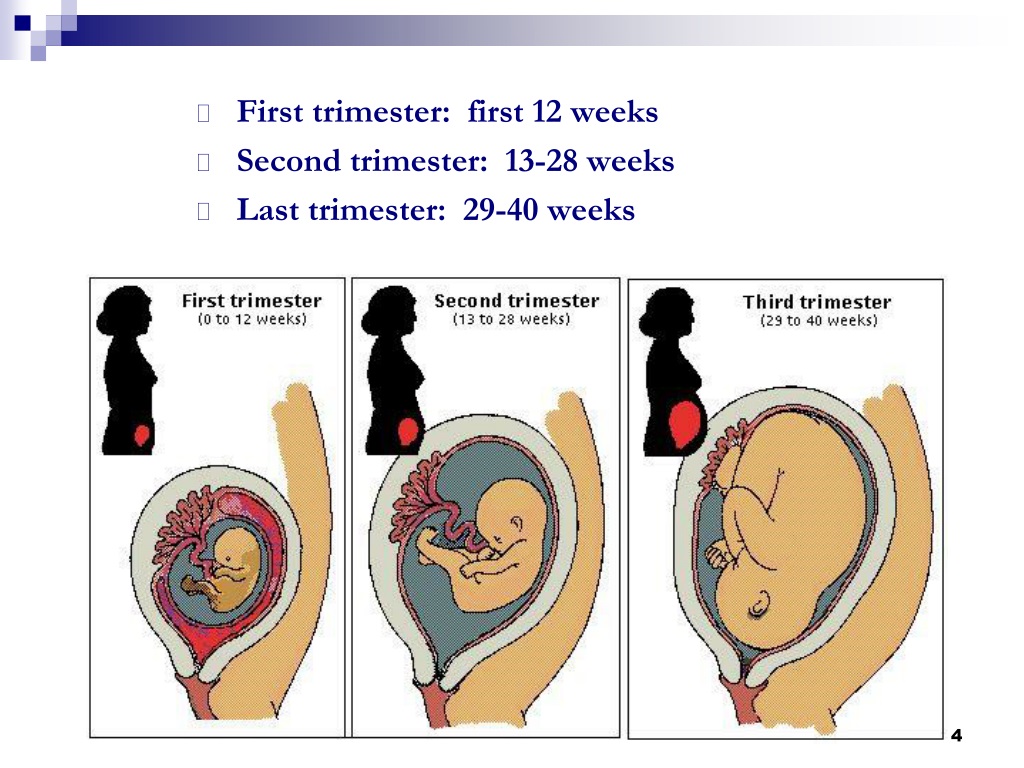 In fact, it’s always wise to take some precautions as soon as you start trying to conceive or learn that you’re pregnant.
In fact, it’s always wise to take some precautions as soon as you start trying to conceive or learn that you’re pregnant.
Even simple adjustments can help support you as you start your pregnancy! Though you’ll want to consult your healthcare provider to determine what’s best for you, some worthwhile lifestyle changes and precautions include
eating healthily
staying hydrated
reducing stress
getting regular exercise.
When you start trying for a baby or learn that you’re pregnant, folic acid is essential, as it’s a B vitamin that helps reduce the risk of certain birth defects that affect the baby’s brain and spine. Your healthcare provider can recommend a prenatal vitamin that contains at least 400 micrograms of folic acid.
Eliminating Bad HabitsPrepregnancy is also a great time to eliminate some less healthy habits, too, including
smoking
exposure to secondhand smoke
drinking alcohol.

In addition, your provider may recommend limiting your daily consumption of caffeine. Consult your healthcare provider to learn the best ways to stay healthy and safe when you’re pregnant.
For more general advice, download our pregnancy guide!
1 to 3 Weeks Pregnant: Your ChecklistYes, it’s early, but it’s also an exciting time! As you anticipate your new pregnancy, consider the following to-dos:
□ Even if you’ve already taken one, you might want to complete another home pregnancy test after your missed period for the best results.
□ Schedule an appointment with your healthcare provider to confirm your pregnancy with a blood test.
□ Check out our pregnancy calendar to know what to anticipate in the next few weeks.
□ Though you can’t find out your baby’s gender just yet, have a little fun with our Chinese Gender Predictor!
First Trimester: Symptoms and Baby Development
Welcome to the first trimester of pregnancy.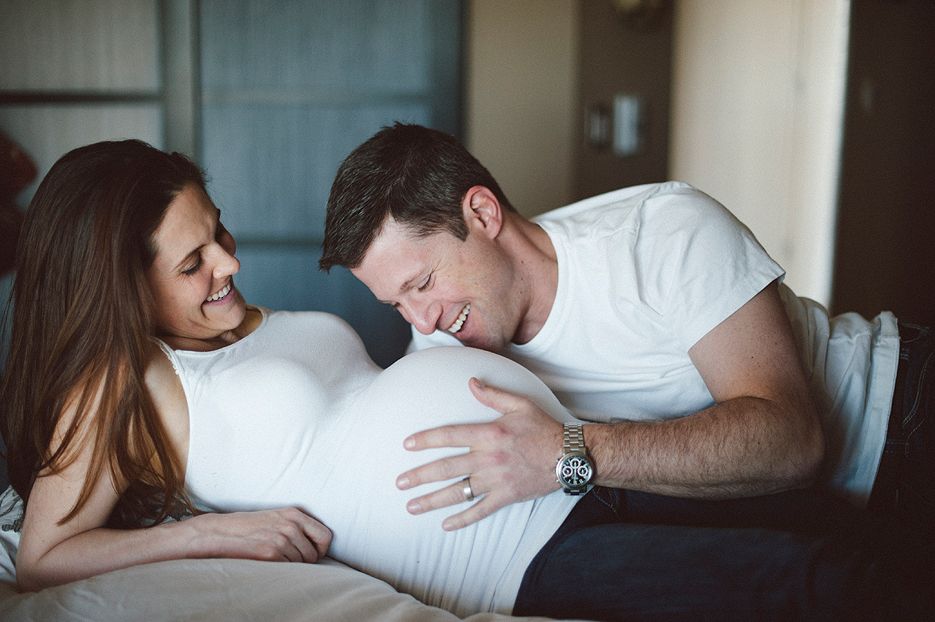 This is the start of a wonderful journey, and it’s natural to have lots of questions about what’s in store for you in the weeks and months ahead. We’ve compiled some essential information on fetal development during the first trimester, common early pregnancy symptoms, and what’s coming your way this trimester.
This is the start of a wonderful journey, and it’s natural to have lots of questions about what’s in store for you in the weeks and months ahead. We’ve compiled some essential information on fetal development during the first trimester, common early pregnancy symptoms, and what’s coming your way this trimester.
How Long Is the First Trimester and When Does it End?
Wondering how many weeks are in the first trimester? The first trimester is about 13 weeks long, and it actually starts before you become pregnant. This is because your estimated due date is usually calculated from the first day of your last menstrual period (LMP).
A full-term pregnancy is roughly 40 weeks long, so your healthcare provider will calculate 40 weeks from the start of your last period to estimate when you’re due.
If you haven't been to your provider yet, you can use our Due Date Calculator to get a quick estimate. For more on this, read about how far along you are.
Keep in mind that most babies aren’t born exactly on their due date, which are only estimates. Rather, they are typically born in the two week period before or after the date. Your pregnancy is considered full term pregnancy at the start of 39 weeks.
The trimesters of pregnancy are composed of 40 weeks. Take a closer look at what happens during each individual week of pregnancy.
The weeks of pregnancy are sometimes broken down into months, but there’s some variance in how the weeks are grouped into months. This is because 40 weeks don’t divide neatly into 9 months, and because months typically are a little longer than 4 weeks.
Your Baby’s Development in the First Trimester
During the first trimester of pregnancy, what starts as a tiny bundle of cells quickly turns into an embryo and then a fetus that's about the size of a large plum.
In these first few weeks of pregnancy, your little one’s brain, spinal cord, heart, and tiny limbs — complete with fingers and toes — will form.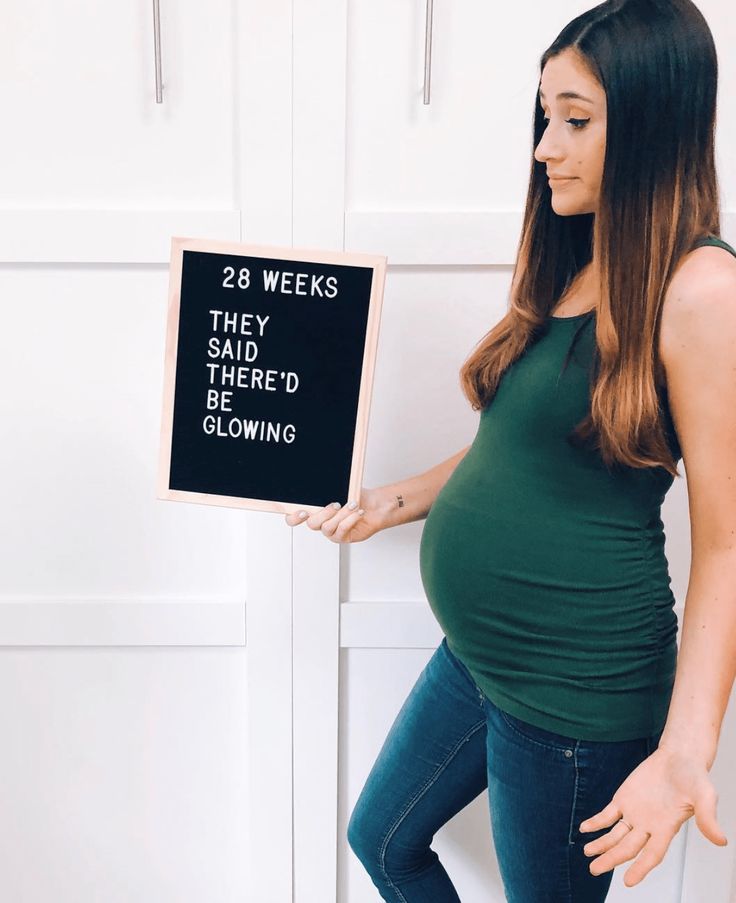
Meanwhile, your uterus is becoming a comfortable home for your little one, who will be nourished by the developing placenta and umbilical cord.
By the end of third month of pregnancy, all essential organs and body parts will be in place — albeit in teeny-tiny size.
There’s a lot happening in the first trimester. Here are a few of the most exciting fetal development milestones:
4 Weeks: Implantation
The ball of rapidly dividing cells, called a blastocyst, implants in the uterus. This is when some moms-to-be experience implantation bleeding.
The inner cells will become the embryo and the outer cells will become the placenta. The placenta will provide nourishment to your baby from now until delivery.
6 Weeks: Taking Shape
Around six and seven weeks, the heart, lungs, and other key organs start to develop, and the head and limbs also take shape.
What was a ball of cells just weeks ago is forming a more recognizable c-shape.
9 Weeks: In Motion
From around 9 weeks, your little one, now known as a fetus, may start moving around.
However, you probably won't be able to feel any movement until the second trimester. For more on this topic, read up on quickening and fetal movement.
10 Weeks: Fingers and Toes
This week your baby's fingers and toes lose their webbing and continue to grow longer. It won't be long until you're able to count them!
10 or 11 Weeks: The Sound of Your Baby’s Heart
From around 10 or 11 weeks, your little one’s heart may be beating loudly enough to be heard with a Doppler ultrasound, which your healthcare provider may perform at your next appointment.
Illustration of Fetal Development Week by Week
Click through the illustrations below for a visual representation of how your little one develops week to week during the first trimester:
What’s in Store for You This Trimester
Here are just some of the things you may be doing or that may be coming your way in the first trimester:
Confirming your pregnancy.
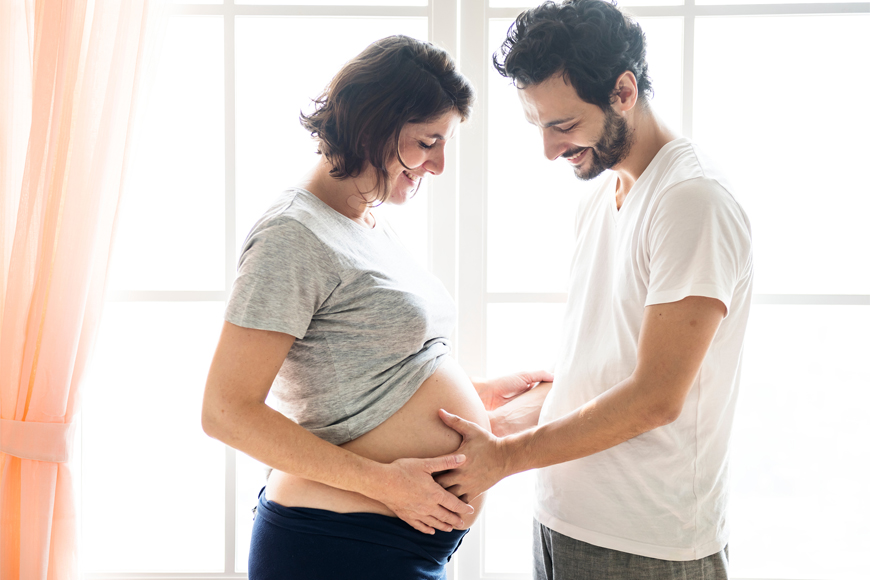 If you’re experiencing early pregnancy symptoms, but are still not sure if you're actually pregnant, a home pregnancy test can confirm your hunch, but head to your healthcare provider if you’re in any doubt. If you haven't found a prenatal healthcare provider yet, here are some tips to help you find someone.
If you’re experiencing early pregnancy symptoms, but are still not sure if you're actually pregnant, a home pregnancy test can confirm your hunch, but head to your healthcare provider if you’re in any doubt. If you haven't found a prenatal healthcare provider yet, here are some tips to help you find someone. Determining your due date. Once you’ve confirmed your pregnancy, you’ll be eager to know when your baby will arrive, so take a look at our handy Due Date Calculator. It can give you an estimate of when your baby will be due based on the first day of your last menstrual period or the date of conception. Your healthcare provider can also give you an estimate of your due date.
Announcing your pregnancy to your partner. If your partner doesn’t already know you’re pregnant, you may be looking for fun ways to reveal the special news. Here are nine ways to tell your partner you’re pregnant. Whether you go with something funny, romantic, or downright creative, your partner will love your surprise!
Considering when to tell others.
 When to announce your pregnancy to loved ones is a personal choice, but some moms-to-be prefer to wait until the end of the first trimester or the start of the second to share the news. If you’re wondering when to tell your colleagues or employer, your healthcare provider can give you personalized advice.
When to announce your pregnancy to loved ones is a personal choice, but some moms-to-be prefer to wait until the end of the first trimester or the start of the second to share the news. If you’re wondering when to tell your colleagues or employer, your healthcare provider can give you personalized advice.Experiencing shifting emotions. Some moms-to-be find the first trimester of pregnancy quite challenging. Pregnancy hormones can trigger more intense mood swings than you may be used to. Feeling differently about your pregnancy than what you thought you would is also perfectly natural. We cover changing emotions and how to cope with mood swings in the next section.
Working through pregnancy symptoms. You may have to deal with some annoying first trimester symptoms — more on these below. The good news? Each symptom is a reminder that you’re bringing a new life into the world, and each week of pregnancy brings something interesting and new. It may also help to remind yourself that these symptoms won’t last forever.
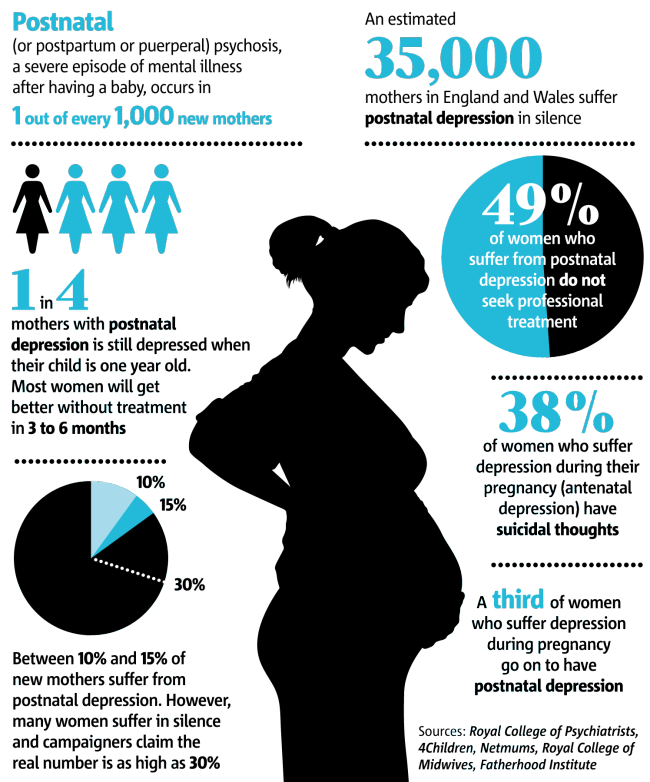 In fact, it’s common for the early symptoms of pregnancy to subside in the second trimester, and this may even be accompanied by a burst of extra energy.
In fact, it’s common for the early symptoms of pregnancy to subside in the second trimester, and this may even be accompanied by a burst of extra energy.Going to your first prenatal care checkup. As soon as you know you are pregnant, schedule your first visit with your healthcare provider. You’ll have many checkups during your pregnancy so your provider can monitor your and your baby’s health. At this first visit, your provider will ask you lots of questions about your medical history, run tests and do a physical exam, and give you an estimate of your due date. Your provider will also be able to give you an idea of when future checkups and exams will take place. Prepare a list of questions beforehand so you come away from this first checkup with all your questions answered and who to call outside of hours in case you have an urgent question or concern.
Having tests and ultrasounds. In the first trimester you may be offered at least one ultrasound scan.
 Using ultrasound, your healthcare provider can give you a more accurate estimate of your due date, and how many weeks pregnant you are. You may also be offered screening tests for certain genetic conditions, and these tests typically include a blood test and an ultrasound scan. These screening tests are optional, and it's important to note that they don't diagnose any particular conditions; rather, they evaluate the possible risk of various conditions. After a screening test, you may choose to have more thorough diagnostic tests done. Which if any screening and diagnostic tests to do is a personal choice. Your provider can explain your options to you, including any risks and benefits, so you can make an informed choice.
Using ultrasound, your healthcare provider can give you a more accurate estimate of your due date, and how many weeks pregnant you are. You may also be offered screening tests for certain genetic conditions, and these tests typically include a blood test and an ultrasound scan. These screening tests are optional, and it's important to note that they don't diagnose any particular conditions; rather, they evaluate the possible risk of various conditions. After a screening test, you may choose to have more thorough diagnostic tests done. Which if any screening and diagnostic tests to do is a personal choice. Your provider can explain your options to you, including any risks and benefits, so you can make an informed choice. Learning you’re having twins. There’s a small chance that you’ll come away from a your first trimester ultrasound with a little more than you bargained for. Typically, an ultrasound can show if you’re pregnant with twins, triplets, or more by the time you’re 12 weeks pregnant.
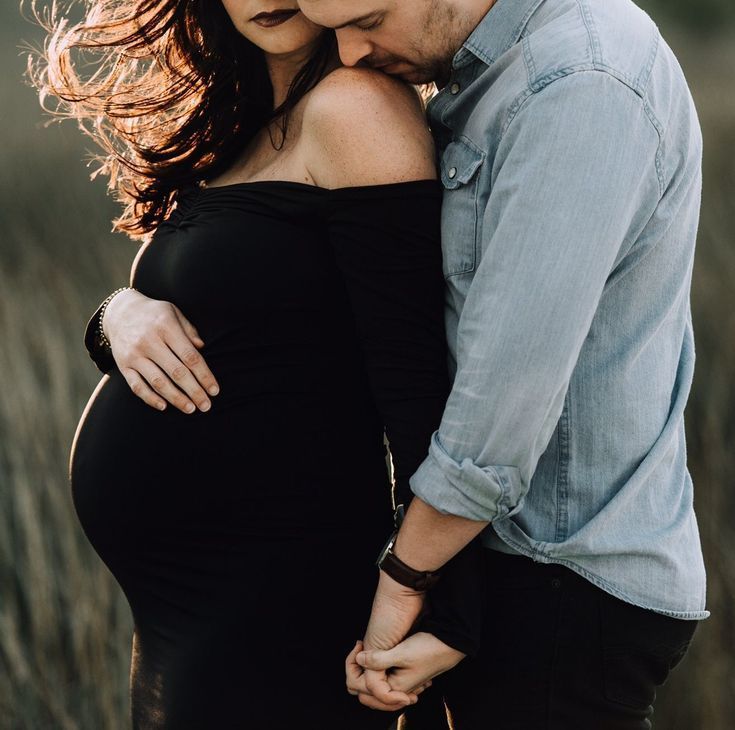 If you do happen to be pregnant with more than one, read our FAQ on twin pregnancy for the lowdown on twin pregnancy.
If you do happen to be pregnant with more than one, read our FAQ on twin pregnancy for the lowdown on twin pregnancy.Becoming informed. If this is your first baby, doing some research on pregnancy, childbirth, and child development might help you feel calmer and in control of what’s to come. In addition to reading up on these topics, you might also like to speak with other moms in your area, who will have lots of personal insights and valuable experience to share. The Pampers website is packed with information and tips about pregnancy and the first three years of your little one’s life. To get started now, check out warning signs not to ignore during pregnancy and take a deep dive into your pregnancy with our week-by-week pregnancy guide.
Discovering how a second pregnancy may be different. If this isn’t your first pregnancy, you may be wondering how things could be different this time round. Read our article on differences you may experience during a second pregnancy.

Making some healthy lifestyle changes. Adopting healthier habits now is important not only for you but your baby as well. Eat a healthy, balanced diet to help with morning sickness and cravings, and to keep your pregnancy weight gain on track. Speak to your healthcare provider about your calorie and nutritional needs during pregnancy and ask whether you need to take prenatal vitamins. Alcohol, smoking, and drugs can be harmful, so it’s best to steer clear of these. As for those life-saving coffees (and chocolate bars), the recommendation is to limit your caffeine intake to 200 milligrams a day, the equivalent of a 12-ounce cup of joe. Start exercising or keep up with your exercise routine after checking with your provider to learn what exercise is safe for you to do during pregnancy.
Resting and relaxing. Building a new life takes a lot of energy. And, you've got two more trimesters to go before you'll meet your baby, so conserve your energy.
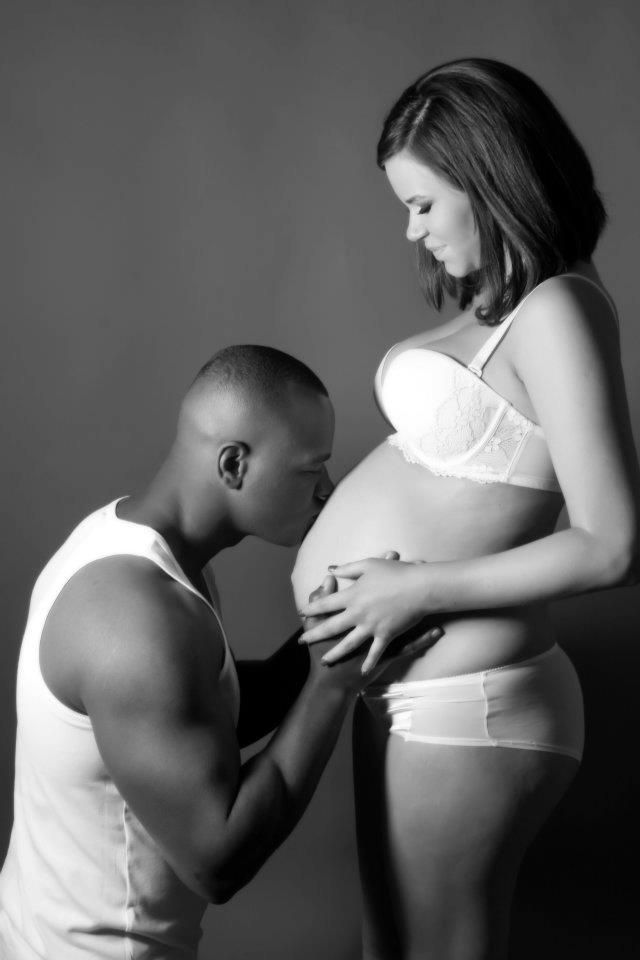
First Trimester Symptoms
Although every pregnancy is unique, here are some of the most common symptoms of the first trimester:
Emotional ups and downs. The first stage of this journey may be a bit of a rollercoaster ride, but that’s hardly surprising as something amazing is happening in your belly and you’re at the start of a new journey. The rush of hormones in early pregnancy can also trigger more intense mood swings than you may be used to. Don’t be surprised if you feel a little differently about being pregnant than you had expected. Aside from feelings of joy and excitement, you might also have worries or concerns about how pregnancy and having a baby will change your life. It’s helpful to talk about these feelings, either with a professional or with your support network of friends and family.
Changes in breasts and skin. Pregnancy hormones could be making your breasts heavier, and a little sore or tender.
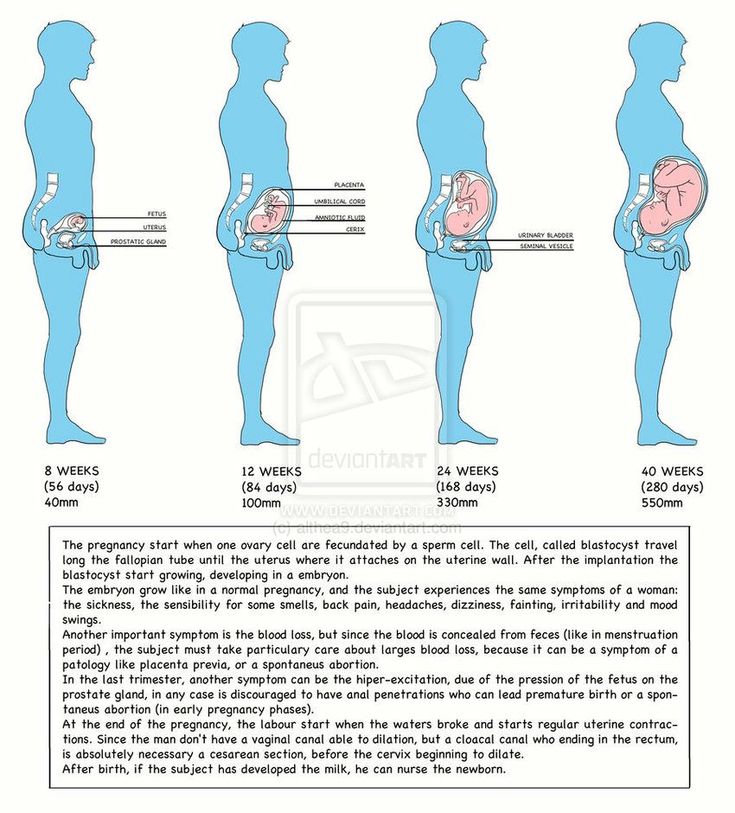 With all that extra blood to carry around your body, your veins may be more visible through your skin. Meanwhile, those hormones may also make your skin, moles, and birthmarks or your nipples a little darker. Most of these changes gradually fade away after you give birth.
With all that extra blood to carry around your body, your veins may be more visible through your skin. Meanwhile, those hormones may also make your skin, moles, and birthmarks or your nipples a little darker. Most of these changes gradually fade away after you give birth.Fatigue. Feeling tired or exhausted is particularly common in the first trimester, as your hormones go into overdrive. The best thing you can do if you’re experiencing pregnancy fatigue is to get plenty of rest. Maintaining a healthy diet and doing gentle exercise might also help you feel better.
Nausea. The queasiness (and sometimes vomiting) known as morning sickness may appear in the first trimester. Contrary to its name, though, it doesn’t strike only in the mornings! Try to think of morning sickness as a reassuring reminder that you are pregnant. You might be able to ease some of the symptoms with a few lifestyle changes, like avoiding food or smells that trigger your nausea, and eating smaller, more frequent meals of plain, low fat foods.
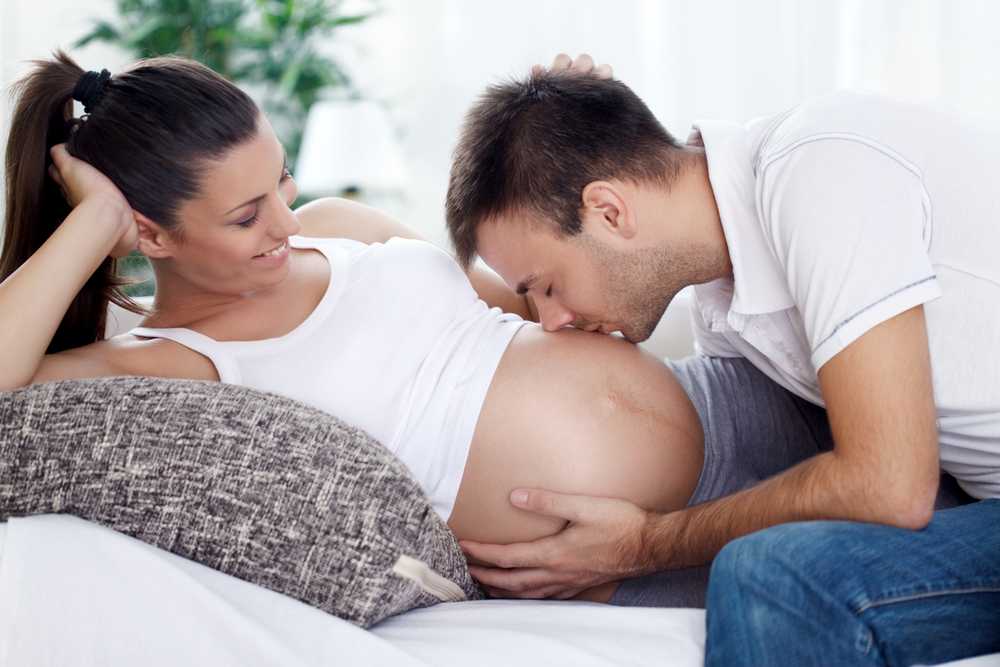 You may find cold foods easier to stomach than hot meals. Food or drink that contains ginger may also help take the edge off your queasiness.
You may find cold foods easier to stomach than hot meals. Food or drink that contains ginger may also help take the edge off your queasiness. Cravings. Weird as they are, cravings for unusual foods are usually nothing to worry about. However, talk to your healthcare provider right away if you start to crave non-food items like soil or paper.
Frequent urination. With rapid hormonal changes and your body’s organs working harder than usual, you may find yourself needing to pee more often than usual.
Acne. An increase in oil production triggered by hormones can clog pores and lead to acne in some moms-to-be. Wash your face twice a day, go for oil-free cosmetics, and ask your healthcare provider about any medications that can help reduce breakouts.
FAQs at a Glance
Checklist for the First Trimester
Find a good prenatal healthcare provider who can help you throughout your pregnancy and during childbirth.
 Make your first appointment as soon as you know you're pregnant.
Make your first appointment as soon as you know you're pregnant.Ask your provider what tests or scans are recommended for you based on your medical history, and mark these in your calendar.
Find out how you can get the flu shot.
Consider whether genetic tests like nuchal translucency screening and chorionic villus sampling (CVS) are tests you may like to have.
Consult your healthcare provider about taking folic acid and prenatal vitamins.
Ask your healthcare provider if the medications you currently take are safe during pregnancy.
Though this is a rare condition, you may want to read up on the signs and symptoms of an ectopic pregnancy just in case.
Find out what maternity or paternity leave, you and your partner may be eligible for.
Review your health insurance policies to check you have the coverage you want and need. If you don't have insurance for yourself or your baby, go to www.
 HealthCare.gov to learn what's available in your area, including free and low-cost coverage from Medicaid and the Children's Health Insurance Program (CHIP).
HealthCare.gov to learn what's available in your area, including free and low-cost coverage from Medicaid and the Children's Health Insurance Program (CHIP).Make an appointment with your dentist to ensure you get good dental care during your pregnancy.
As your breasts grow, go for a bra fitting at your local retailer to ensure you’re in the right size.
Start a pregnancy journal or memory book if this is something you think you would like to look back on in the years to come.
If you would like to, take your first belly picture and decide on which day of each month you would take your progress photos.
Just for fun, test your knowledge of the early signs of pregnancy in our poll.
Start brainstorming name ideas and start putting a short list of baby names together.
For even more information, sign up to get our regular emails:
1 month of pregnancy { 1 - 4 weeks }
Pregnancy is a cardinal change not only in a woman's body, but also in the psychological and moral state. And all these changes are driven by hormones.
And all these changes are driven by hormones.
There are general patterns of the first signs of pregnancy, fetal development and changes in the woman's body. Today we will tell you more about what happens in the first month after conception, how the fetus grows and about the condition of the woman herself.
In the first week of pregnancy, you are still living life “before” and do not even suspect that a new life has already been born and is starting its 9- a month's journey into the world. A fertilized egg is actively moving through the tubes, transforming every day.
Changes in a woman's body
It should be noted right away that there are obstetric and embryonic reference dates. Doctors count weeks from the first day of the last menstruation, although there is no pregnancy as such at this time.
Embryonic begins from the moment of conception. You can find out if you remember the date of sexual intercourse or pregnancy occurred in the IVF program. nine0003 Usually, in the first week after conception, many women are not even aware of their pregnancy.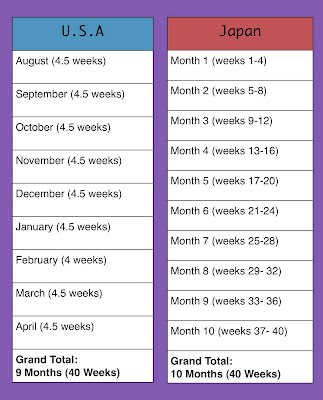 But the body is already beginning to prepare for childbearing and childbirth, rebuilding to the needs of the baby.
But the body is already beginning to prepare for childbearing and childbirth, rebuilding to the needs of the baby.
The uterus becomes softer and looser from the inside, so that the embryo can more securely gain a foothold in the endometrium. The hormonal system also begins to rebuild.
Feeling and signs of pregnancy
Few lucky women can feel the coming changes. Basically, the woman does not care about anything. nine0003 Usually, the first signs of pregnancy are similar to premenstrual syndrome - the breasts slightly enlarge, become more sensitive, pulling pains appear in the lower abdomen. The lower back can hurt and appetite increases, irritability and slight drowsiness appear.
Signs of pregnancy in the form of morning sickness and reactions to odors are usually absent.
What happens to the fetus?
But real miracles happen to the embryo. The embryo moves this week through the fallopian tube towards the uterus. At the same time, a cluster of 8 cells, which are called blastomeres, turn into one ball.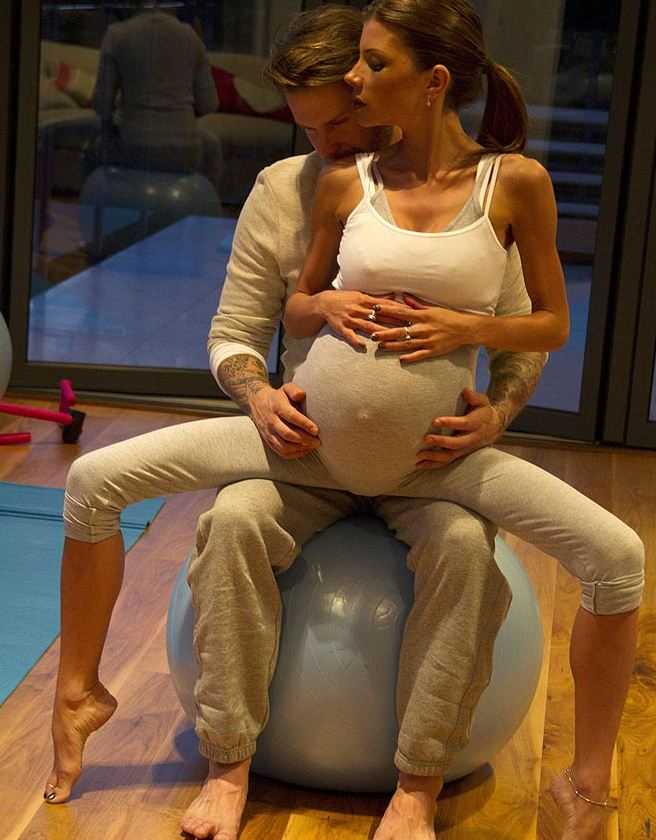 Later, the outer part will become the placenta, and the inner part will become the fetus. But this will happen only after a couple of weeks. nine0004
Later, the outer part will become the placenta, and the inner part will become the fetus. But this will happen only after a couple of weeks. nine0004
Recommendations for the first week
You need to monitor your health constantly. Gynecologists at the Ivymed clinic recommend preparing for pregnancy about six months before conception by starting to lead a healthy lifestyle.
In the first week, special attention should be paid to dental treatment, fungal diseases, problems with the uterine cavity and other “female” problems, try to avoid stress and crowds, sleep and eat well.
Usually this week you are not yet aware of the onset of pregnancy, but the body is already beginning to rebuild. The fetus, as such, has formed, it only reaches the uterus and becomes stronger. nine0004
What happens to a woman's body
In the second week after conception, the woman continues to suffer from the symptoms of the upcoming menstruation. But there is no delay - and there is no reason to “worry” either.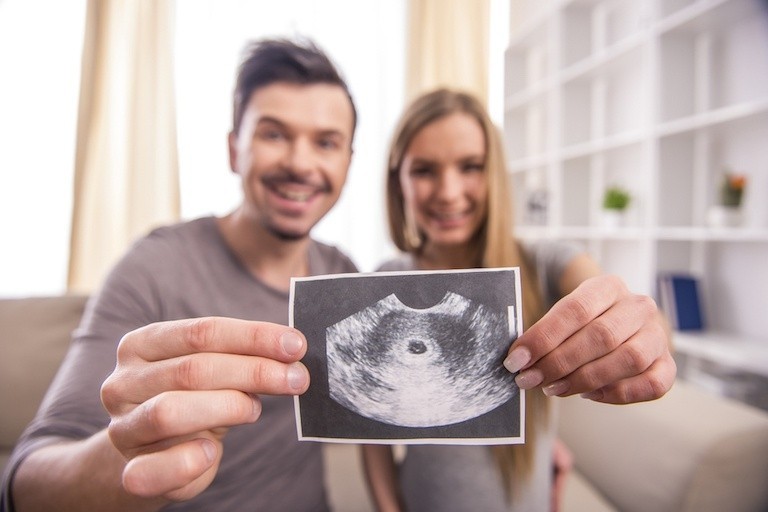
But the human chorionic gonadotropin (hCG) or “pregnancy hormone” is already actively beginning to be produced.
But rapid tests for early diagnosis of pregnancy are not yet reliable: there is not enough hormone in the urine for reliable results. But laboratory blood tests from a vein for hCG are more informative. nine0004
Sensations
In the second week, premenstrual symptoms usually continue, as in the first week. Since the hormonal system is already being rebuilt, the mood can change dramatically: from hysteria to violent joy. You may feel more tired and sleepy, even if you slept well.
The belly in the second week of pregnancy is not yet growing: the embryo is too small to somehow affect the size.
How the fetus develops
By the second week of pregnancy, the fetal egg is implanted in the uterus and fixed in it. nine0003 The future fetus contains about 200 cells, each of which is responsible for important functions - the development of organs, the formation of the fetus and other genetic information.
At this time, the foundations of vital systems are already being laid: chorion, amniotic stalk, amnion and primary yolk sac.
Advice for moms in the second week
Regardless of whether you feel the symptoms of pregnancy, you should give up alcohol, caffeine, nicotine, heavy physical exertion, stress. nine0003 If you haven't fixed your health problems, it's time to fix them. If you have not yet led a healthy lifestyle, it's time to pay attention to it.
To settle an unstable emotional state, take up swimming, yoga, walks in the fresh air. Try to sleep at least 8 hours.
At the 3rd week of pregnancy you have a slight delay in menstruation, you begin to feel the first signs of pregnancy. There is a clear sense of "unusual" condition. But it is easy to confuse it with the harbingers of menstruation, especially if this is your first pregnancy. nine0004
What happens in the body at the 3rd week
It is often during the third week of pregnancy that women complain of elevated body temperature (up to 37. 5), and their immunity is noticeably reduced. This all happens because the amount of hCG increases at week 3 in order to preserve the fetus.
5), and their immunity is noticeably reduced. This all happens because the amount of hCG increases at week 3 in order to preserve the fetus.
The amount of estrogen also increases, which can lead to chest pain, dizziness and headaches.
Progesterone is no less active - it is engaged in "calming" the uterus, but it negatively affects the intestines. Heartburn, flatulence, bloating and constipation occur. nine0004
Feelings of a woman
At this time, a woman feels all the “charms” of pregnancy symptoms: morning sickness, change in taste preferences, severe fatigue and drowsiness, frequent urination, pain in the chest and lower abdomen, slight bloating.
The belly itself at the 3rd week of pregnancy is not visible to others, but you may experience discomfort from previously beloved skinny jeans and rearrange the fastener in the belt one notch further.
Mood swings are now your "normal" state. nine0004
Fetal development in the third week
At this time, the future baby is already more like an embryo: the beginnings of the nervous, hematopoietic, and skeletal systems are laid.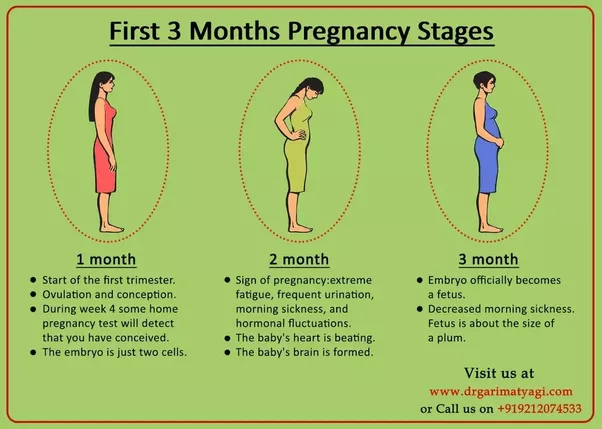 Future internal organs and bones are formed.
Future internal organs and bones are formed.
But the fruit is still small - its size reaches up to 2 mm, and weighs only one gram. On ultrasound in the third week, the fetus looks like a poppy seed.
Diet for the third week
Just like in the previous weeks, it is important to reconsider your lifestyle and give up alcohol and tobacco without fail. All this can then affect the baby and his health. nine0003 The 3rd week of pregnancy in a woman's life should be calm: without heavy physical and moral stress, hypothermia and overheating.
The diet at this time should be significantly revised if you have not previously been an adherent of a healthy diet. Now it is important to have a balanced diet rich in vitamins and minerals.
If necessary, your gynecologist at the Ivimed clinic may prescribe an additional complex of supplements or individual elements, such as folic acid.
It is characterized by all the same signs as in the third week, only menstruation still does not occur, and the symptoms of pregnancy are getting brighter.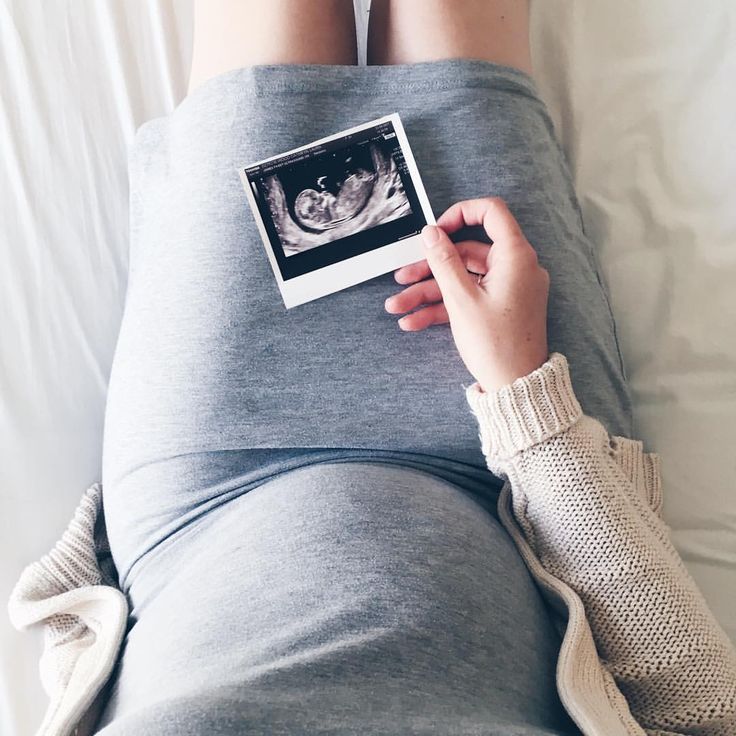 nine0004
nine0004
What happens in the mother's body
The belly is still not noticeable, but the breasts increase significantly in size. This is how the body prepares for lactation. The nipples may darken.
Hormones continue to “rage”, which is why the expectant mother has problems with the intestines and digestive organs.
If red or brown discharge appears at this time, you need to urgently consult a doctor - the risk of miscarriage this week is very high.
How a woman feels
Symptoms of pregnancy become clearer: pronounced toxicosis, severe fatigue. Drawing pains in the lower abdomen and more abundant (not bloody!) Discharge is the norm.
The chest continues to grow and therefore delivers a lot of unpleasant moments. Many women note the inability to sleep on their stomach due to the grown and painful breasts.
Taste addictions can shock others and drive family members crazy. But here it is important to remain calm and remember that this will soon pass. nine0004
nine0004
Dimensions of the baby at 4 weeks
The future baby is still small, but he already has a single-chamber heart, the formation of internal systems and organs continues. At this time, the intestines and reproductive system are born.
You can already see it on ultrasound. what the fetus looks like at week 4 - this is the fetal egg, where the embryo is formed and hear the baby's heartbeat.
But ultrasound is usually done at this time if there are fears of an ectopic or multiple pregnancy, a threat of abortion. nine0004
Recommendations and advice
To combat toxicosis, doctors recommend:
- be at least an hour in the fresh air a day
- eat small portions, but more often
- eat cookies or a couple of mints without getting out of bed
- lollipops, a slice of lemon or tangerine
- drink tea with ginger, which is good for removing nausea
- eat more protein
- get more rest
- avoid hypothermia and reduce physical activity
However, if you feel great, just continue enjoying your new position and take care of your health and your baby's!
Would you like to make an appointment with
?
First signs of pregnancy before delay, early symptoms
Significant hormonal changes occur during pregnancy. This causes a number of symptoms. Some women experience pregnancy symptoms right away, while others may only have a few. About the first signs of pregnancy at an early stage and when exactly the initial signs of pregnancy appear are described in the article.
This causes a number of symptoms. Some women experience pregnancy symptoms right away, while others may only have a few. About the first signs of pregnancy at an early stage and when exactly the initial signs of pregnancy appear are described in the article.
At what time do the first signs of pregnancy appear
The answer to the question of when the first signs of pregnancy appear is quite ambiguous, because some women do not feel any signs at all during the first few weeks. At what week do the first signs of pregnancy appear in others? When do the first signs of pregnancy appear after conception? Symptoms of very early pregnancy (such as breast tenderness) may appear before a missed period, as early as six to seven days after conception, while other early signs of pregnancy (such as spotting) may appear about a week after ovulation. We will tell you more about the first signs of pregnancy before menstruation and when the signs of pregnancy appear. nine0004
nine0004
What are the earliest signs of pregnancy?
The first signs of pregnancy in the early stages:
- delayed menstruation - 29%;
- nausea - 25%;
- mood swings - from 14 to 23%;
- breast changes - 17%;
- pain in the lower abdomen - 15%;
- depression - 15%;
- fatigue, drowsiness - 13%
- decrease in immunity - 6%;
- the first signs of pregnancy - discharge or implantation bleeding - only 3%. nine0108
Physiological first signs of pregnancy
What are the very first symptoms of pregnancy?
The most common physiological signs of pregnancy include:
- Tender and enlarged breasts. Signs of pregnancy in the first days after conception include breast changes (1-2 weeks after conception). The area around the nipples, called the areola, may also darken. nine0123
- Drowsiness and fatigue.
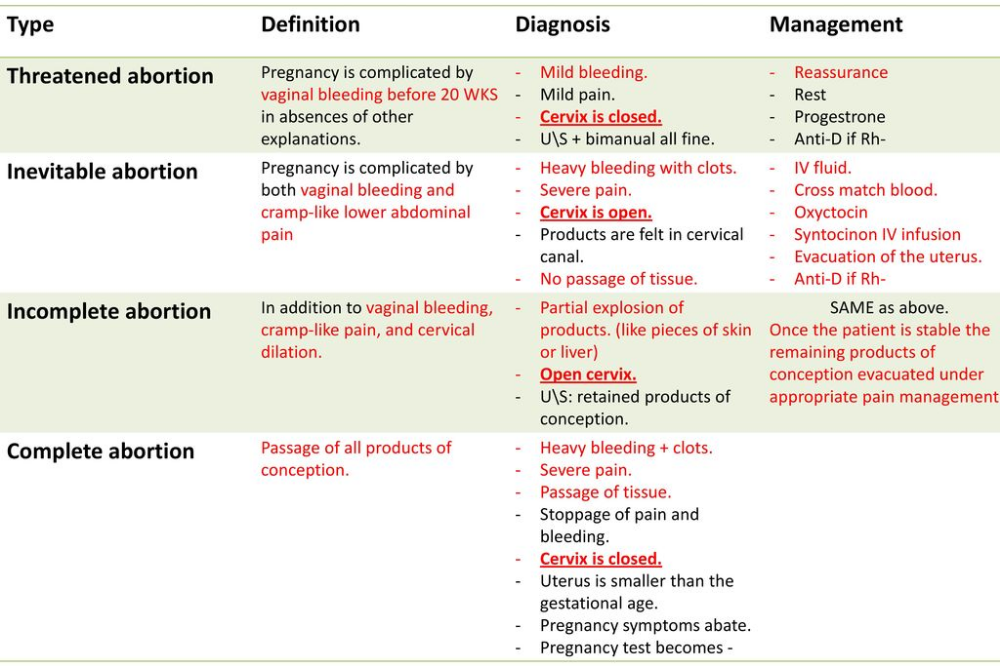 Fatigue is also among the signs of pregnancy in the first days after conception. During early pregnancy, levels of the hormone progesterone rise dramatically, which can cause drowsiness.
Fatigue is also among the signs of pregnancy in the first days after conception. During early pregnancy, levels of the hormone progesterone rise dramatically, which can cause drowsiness. - Nausea with vomiting. When do these signs of pregnancy appear? Morning sickness, which can appear at any time of the day or night, often appears between the second and eighth weeks after conception. nine0108
- Dizziness and fainting . This may be due to dilation of blood vessels, lowering blood pressure and blood sugar levels.
- Spasms. Some women experience symptoms of pregnancy in the early days, such as mild uterine cramps.
- Headaches and back pains. Many pregnant women complain of frequent headaches, while others experience back pain. nine0123
- Insomnia - another first sign of pregnancy before the test.
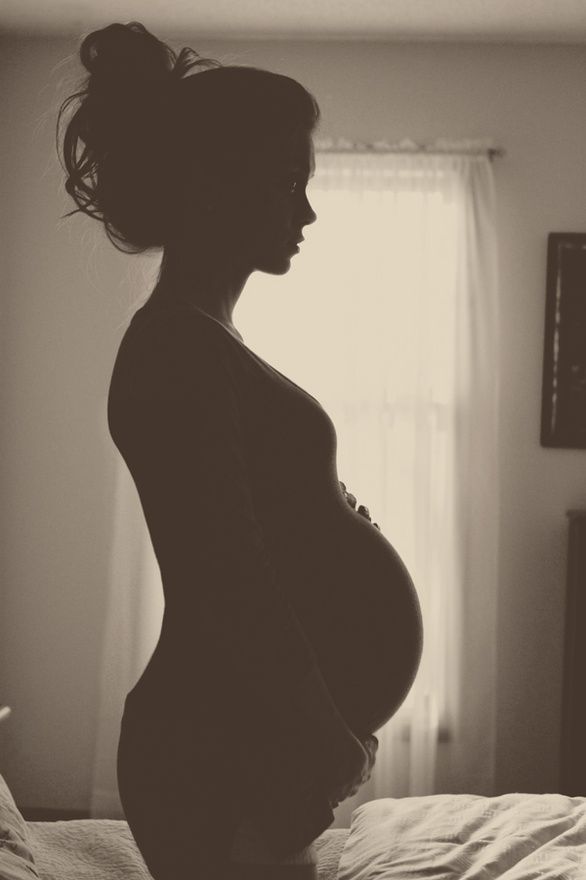 Causes can include stress, physical discomfort, and hormonal changes.
Causes can include stress, physical discomfort, and hormonal changes. - Change in taste preferences. Like most other symptoms of pregnancy, these eating habits can be attributed to hormonal changes.
- Temperature. Early signs of pregnancy include fever (37-37.5).
- Delayed menstruation. How long does it take for the first signs of pregnancy to appear? If you are of childbearing age and a week or more has passed without your expected period, you may be pregnant. However, this symptom can be misleading if you have an irregular menstrual cycle.
- Bloody discharge - early signs of pregnancy . This bleeding, known as implantation bleeding, occurs when a fertilized egg attaches to the lining of the uterus, approximately 10 to 14 days after conception. nine0108
- Bloating, heartburn. Hormonal changes can cause problems with the stomach and esophagus - these are common signs of pregnancy at 2 weeks.

- Constipation . Hormonal changes cause the digestive system to slow down, which can lead to constipation (signs of pregnancy after a delay).
- Frequent urination. You may urinate more than usual, a common sign of pregnancy at 5 weeks. During pregnancy, the amount of blood in the body increases, causing the kidneys to process excess fluid that enters the bladder. nine0108
- Runny nose. The appearance of this symptom is associated with excessive production of the hormone estrogen.
- Exacerbation of chronic diseases. This is a sign of pregnancy after ovulation.
- Increased salivation. Also associated with hormonal changes.
- Sense of smell enhancement . Signs of pregnancy in the first two weeks may cause sensitivity to certain smells and the sense of taste may change.
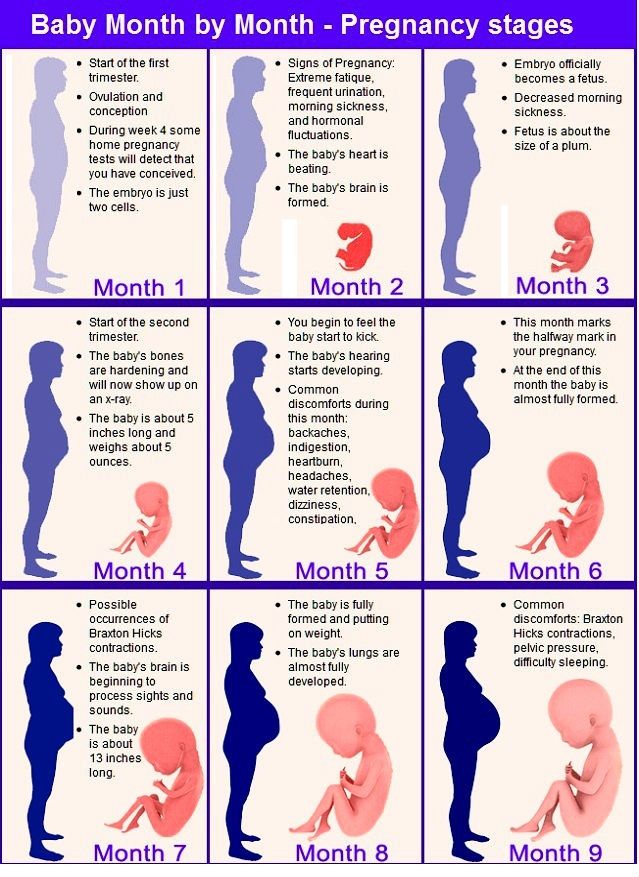 nine0108
nine0108 - Mood swings.
- Irritability.
- Vulnerability, tearfulness.
- Capriciousness.
- Depression.
- In case of toxicosis, avoid too hot or too cold food - this provokes an attack of vomiting. Eat often - at least 5-6 times a day, but in small portions.
- For nausea or vomiting, try ginger, chamomile, or vitamin B6.
- Drink plenty of water, in small sips between meals, to replenish lost fluids. Teas, juices, fruit drinks are also suitable.
- For back pain, wear shoes or shoe insoles designed for pregnant women and avoid high heels. Sleep on a firm mattress. nine0108
- For chest discomfort, wear a special bra that supports enlarged breasts.
- For constipation, eat more fiber-rich foods such as wheat bran and fresh vegetables and fruits.
- If you suffer from headaches and mood swings, try stress reduction techniques such as yoga or meditation.
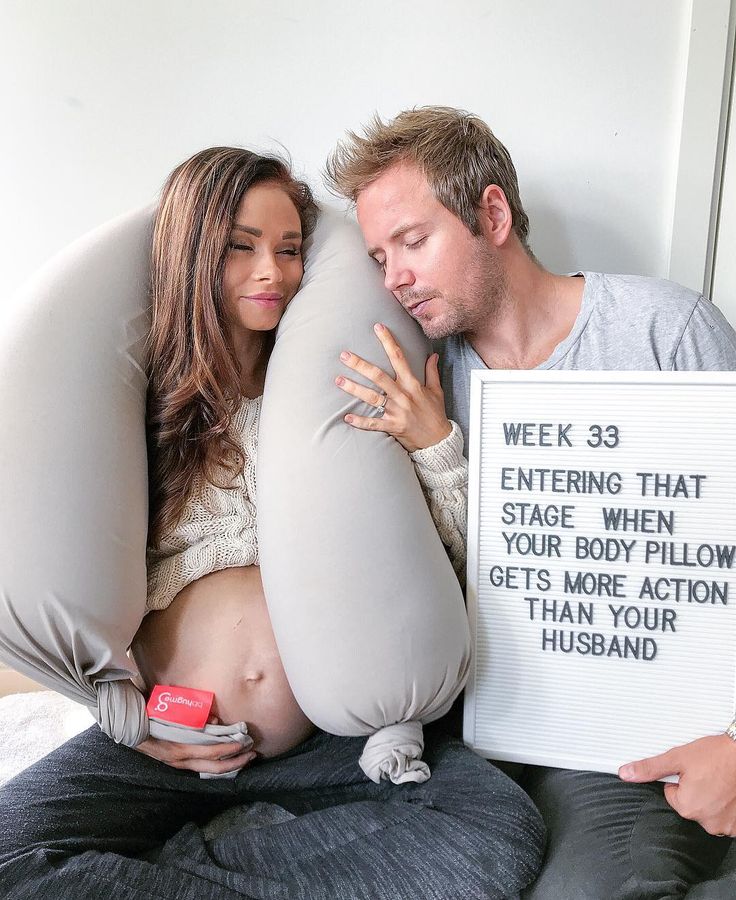
- Get outdoors more often, at least half an hour a day. This helps to reduce the symptoms of toxicosis, calm the nervous system. nine0108
- Maintain daily physical activity for as long as you feel comfortable doing certain activities.
- Eat a balanced diet with enough protein, fat and carbohydrates.
- Donate blood for hCG. This method can be used a few days after conception. This type of pregnancy test is done using a small sample of blood that is analyzed in a hospital. It determines whether there is a pregnancy hormone in your body and in what quantity. Its accuracy is 99%.
- Use test strip. It can be used at home from the first days of delay.

Emotional first signs of pregnancy
The first signs of pregnancy before delay (earliest signs of pregnancy) include psycho-emotional symptoms.
These are all emotional signs of early pregnancy that many women report. They describe feelings of heightened emotion or even bouts of crying, which are associated with rapid changes in hormone levels in the body. Also, signs of pregnancy at week 4 can make you feel PMS-style cranky. In addition, about 15% of women suffer from depression or anxiety during pregnancy. And after childbirth, these conditions suffer even more. In this case, it is better to seek help from a doctor. nine0004
Do everything you can to improve your mood: get plenty of rest, eat well, get enough sleep, do things you love, and pamper yourself.
However, be aware that mood swings can be caused by a number of conditions other than pregnancy.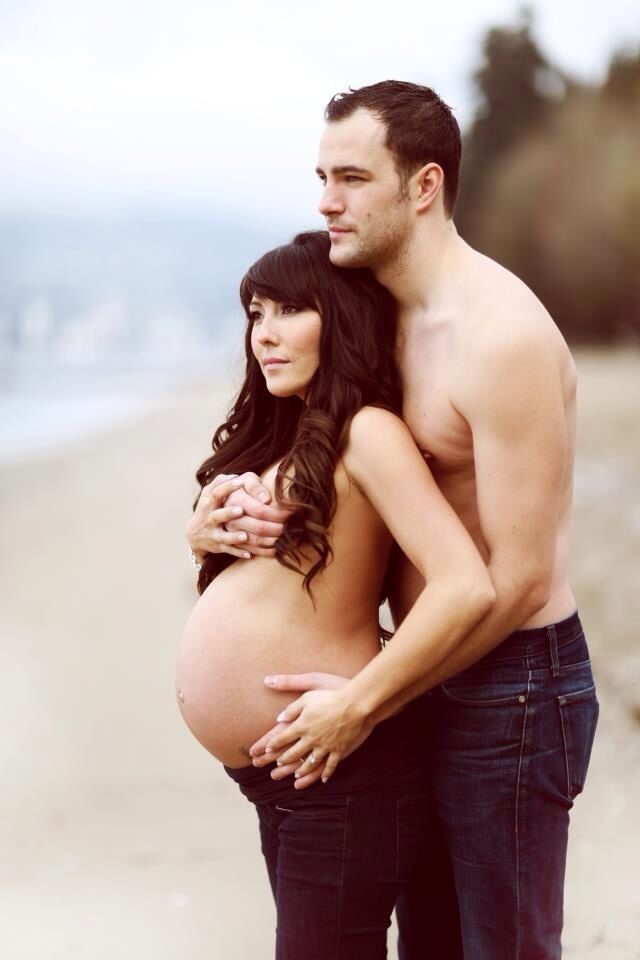
Influence of early pregnancy on daily routine
Early signs of pregnancy, mainly those that bring discomfort, may cause a change in daily routine. Here are some tips on what you can do with some of them:
Important! All these tips are advisory in nature, be sure to consult your doctor if you encounter discomfort.
What to do if you notice early signs of pregnancy
To make sure the signs of pregnancy are accurate, you can use the following methods to diagnose early pregnancy:

